Los Angeles County Broadband Consortium to use $2.3 million in grants for computer literacy classes
Posted by Ashley Nelson on February 28, 2012 in http://techwire.net/?p=2484
The Los Angeles County Regional Broadband Consortium will focus on bringing computer literacy classes and workshops to the region during the first year of a three-year, $2.3 million grant, according to a consortium member.
The LA region, divided into five sub-regions, will receive more than $750,000 for the first year as part of a grant program seeking to extend broadband service and adoption in underserved areas of the state. The funding comes from the California Advanced Services Fund (CASF) Rural and Urban Broadband Consortia grants, approved by the California Public Utilities Commission in December and totaling more than $1.5 million for the first year of grants amongst seven consortia.
The Los Angeles area presented a unique situation for the grants due to its large size and dense population, according to Cesar Zaldivar-Motts, executive director for the Southeast Community Development Corporation, a lead agency for the Gateway Cities sub-region. Originally the county was capped at receiving $450,000 for all three years, but the PUC later revised the application to allow for a total of $2.3 million to cover the five sub-regions of LA County, he said.
Zaldivar-Motts said the county will focus on a general plan for the grant money and also specific areas of need for each sub-region.
“Our focus for the grant is broadband deployment and broadband access,” he said. “Each region approaches these three areas in different ways.”
The West Side sub-region will focus on computer literacy, workforce development, training and education for seniors; whereas the Gateway Cities will focus on broadband outreach such as informing residents about subscription options and price comparisons along with literacy classes and workshops, Zaldivar-Motts said. San Gabriel will focus on online instruction and education for students and parents, the South Bay sub-region will work on WiFi connections and establishing WiFi hot spots, and the San Fernando Valley area will focus on establishing 80 computer centers to provide instruction for youth and adults, he said.
“Each lead agency already has a history in their community or in their region, so that they’ll be able to focus and cater to that area,” he said.
While the overall goals for the county have been identified, lead agencies are established in each sub-region to carry out the various projects, according to Zaldivar-Motts. The first year of funding, a $770,000 grant to be shared across the five sub-regions, will likely establish literacy classes, computer workshops and computer centers. The South Bay sub-region is also expected to begin work on a goal of identifying and establishing 15 regional hotspots, he said.
